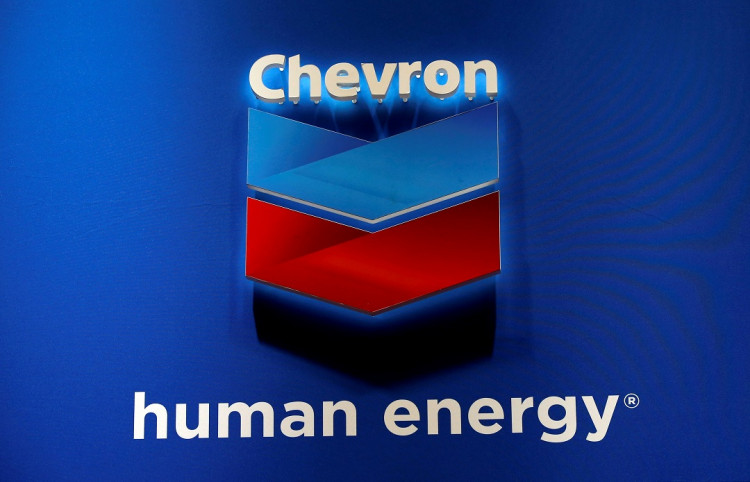Chevron is expected to end its nearly 100-year presence in Venezuela when it will be forced to leave after its extended sanction waiver expires on July 27. The company's exit could send the country's already unstable oil infrastructure crumbling down given Trump's recent sanctions on the OPEC member's state-owned oil company.
Chevron is currently the last major US oil company in active operation in Venezuela. The firm produced around 40,000 barrels of oil and natural gas per day in the country for the first quarter of the year.
All other US companies, including those not in the oil business, have already exited the country following the chaos that ensued in the fight between the United States and President Nicolas Maduro.
The company's exit would mean that Venezuela would no longer be able to utilize Chevron's expertise and resources moving forward. This will likely make matters even worse for the country's oil industry, which is believed to be now on the brink of collapse. Chevron could also stand to lose billions of dollars in investments, which it had sunk into its major assets over the past decades.
According to analysts, a Chevron exit would likely force Maduro to nationalize its remaining oil assets. This is to ensure that the country controls all of the cash and resources related to oil production in Venezuela. After the exit of oil companies such as Exxon Mobil and Conoco Philips, former President Hugo Chavez took over all of the foreign companies' assets and nationalized them.
Chevron currently operates five offshore and onshore production facilities in Venezuela. These facilities are a joint project with the state-owned oil firm PDVSA. President Donald Trump already imposed strict sanctions on the state-owned firm earlier in the year in an attempt to strip Maduro of vital cash flow from the country's oil exports.
The US Treasury Department had granted Chevron a six-month waiver for the sanctions. Apart from Chevron, other foreign-owned companies operating in Venezuela were also given waivers.
These companies included Weatherford International, Halliburton, Schlumberger, and Baker Hughes. All of the extended waivers, which allowed the companies to continue doing business with PDVSA, are set to officially expire next week.
It is currently not yet clear if Chevron has sent a formal request for an extension of the waiver. The company has also not commented on whether or not it would continue to operate in the country when the waiver expires. In its statement to the press, Chevron stated that it has so far operated in compliance with all applicable laws and regulations in both countries.
Analysts, predict that if a waiver extension is not granted, Chevron will likely not have any choice but to suspend its joint venture projects with PDVSA as it could face the wrath of the US government if it refuses to do so.






